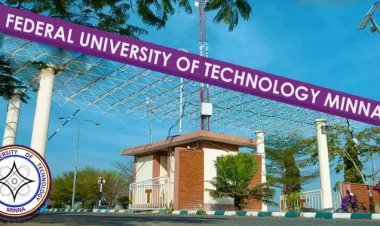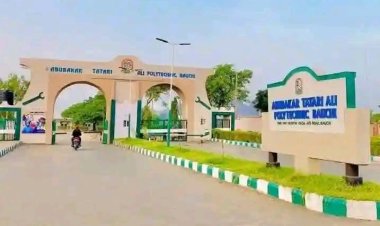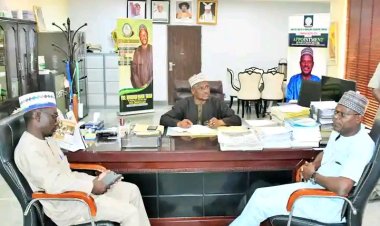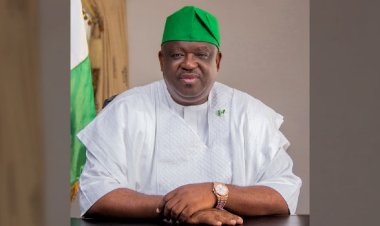Federal Government Reconstitutes Committee to Renegotiate 2009 Agreements with University Unions
The Bola Tinubu-led federal government has reconstituted a seven-member committee to renegotiate its 2009 agreements with university-based unions. Education Minister Tahir Mamman inaugurated the committee, chaired by Yayale Ahmed, and set a three-month deadline for negotiations.
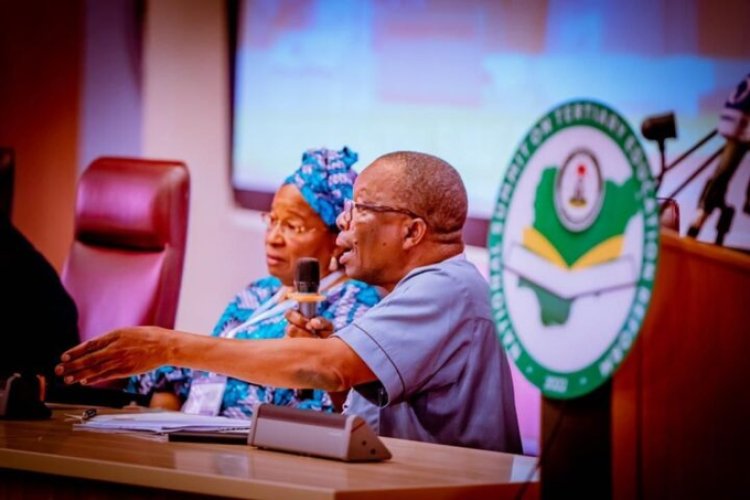
The Bola Tinubu-led federal government has reconstituted a seven-member committee to renegotiate its 2009 agreements with university-based unions in a bid to resolve lingering issues and prevent further disruptions in Nigeria's university system. The Minister of Education, Tahir Mamman, inaugurated the committee in Abuja, setting a three-month deadline for the committee to conclude negotiations.
The committee is chaired by Yayale Ahmed, a former Secretary to the Government of the Federation, and includes representatives from the Academic Staff Union of Universities (ASUU), the Senior Staff Association of Nigerian Universities (SSANU), the Non-Academic Staff Union (NASU), and the National Association of Academic Technologists (NAAT). The reconstituted team is tasked with formulating a realistic and implementable agreement that addresses the longstanding challenges facing the university sector.
Mamman emphasized the federal government's commitment to improving Nigeria’s education system and ensuring strike-free campuses. He acknowledged that renegotiations of the 2009 agreements had initially commenced in 2017 but were hampered by unforeseen circumstances, leading to the need for a fresh approach. The previous renegotiation committee, led by Professor Nimi Briggs, had produced a draft report addressing significant areas that will now be revisited by the new team.
The 2009 agreement between the federal government and university unions aimed to tackle systemic issues such as inadequate funding, poor infrastructure, and academic staff welfare. The Memorandum of Understanding (MoU) signed then committed the government to increase infrastructure funding, seek financial and administrative autonomy for universities, and offer competitive salaries and benefits for lecturers and other university staff. It also aimed to improve pension and retirement benefits while boosting research and development funding.
However, union leaders have since contended that the implementation of the agreement has been inconsistent, with the government failing to meet its obligations, particularly in funding and salary increments. The value of the agreed-upon salary and funding rates has also diminished over time due to inflation, leading to repeated industrial actions by ASUU. In 2022, ASUU embarked on its 16th strike in 23 years, as the government’s failure to address their demands persisted.
ASUU President, Emmanuel Osodeke, expressed optimism about the renegotiation process, stating that the union is prepared to engage realistically as long as the government remains committed to ensuring a stable academic calendar and preventing future strikes. He added that recent policy moves by the federal government signal a willingness to address some of the union's grievances.
In September 2024, the federal government directed the Ministry of Finance to allow federal universities to operate endowment funds independently of the federal treasury, marking a step toward financial autonomy. Additionally, the Accountant-General’s office issued guidelines to remove public tertiary institutions from the controversial Integrated Payroll and Personnel Information System (IPPIS), allowing universities to self-process their payroll.
Yayale Ahmed, the committee chairman, has called on the federal government to support universities in achieving global competitiveness by viewing lecturer salaries and university funding as critical investments. The committee is expected to work towards reaching an agreement that will bring lasting stability to Nigeria’s university education system.

 Chris Oyeoku Okafor
Chris Oyeoku Okafor 